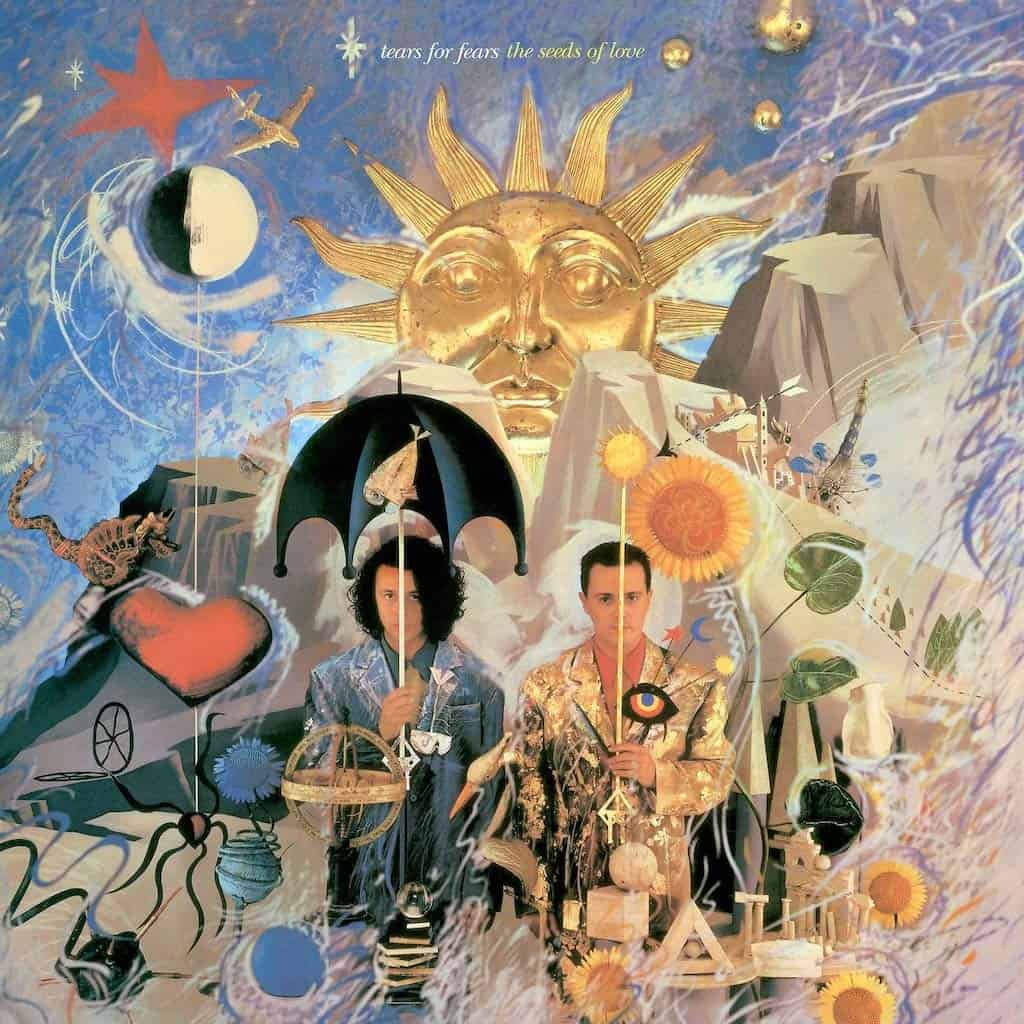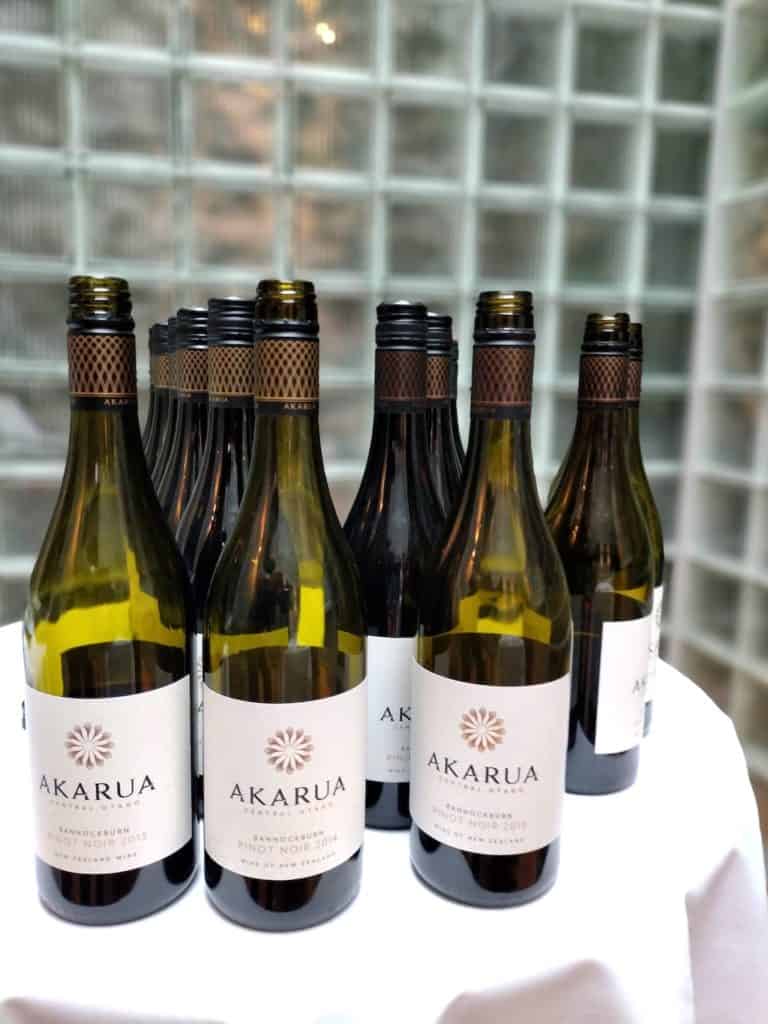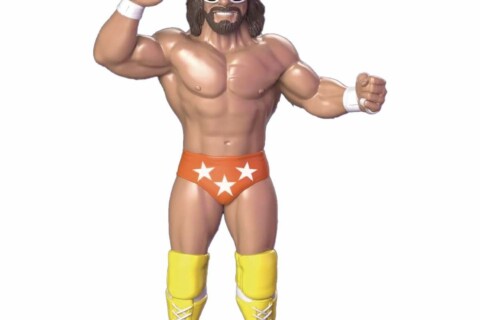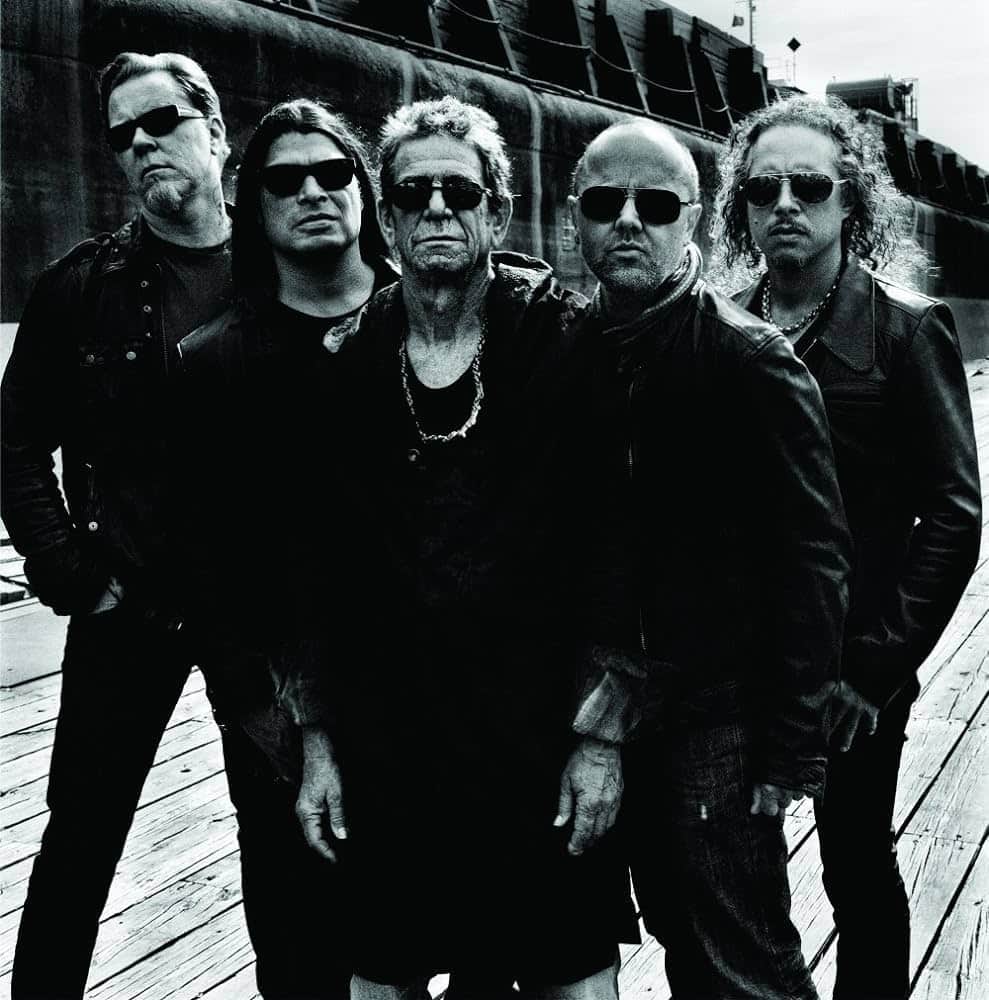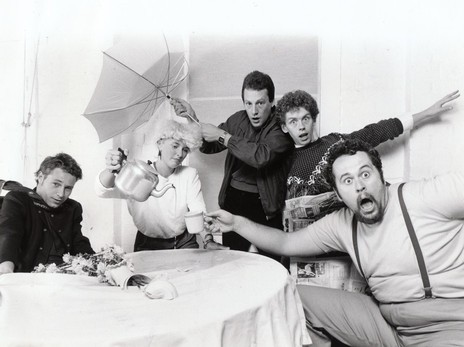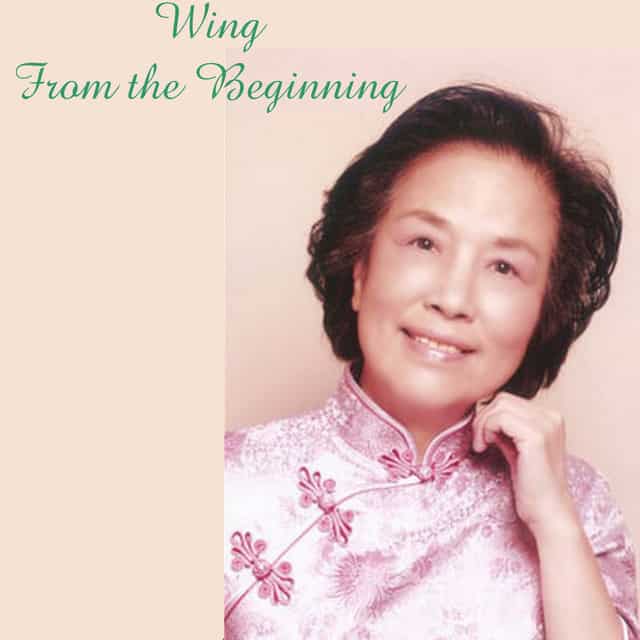GARY STEEL talks with Tears For Fears’ Curt Smith in a previously unpublished 1989 interview.
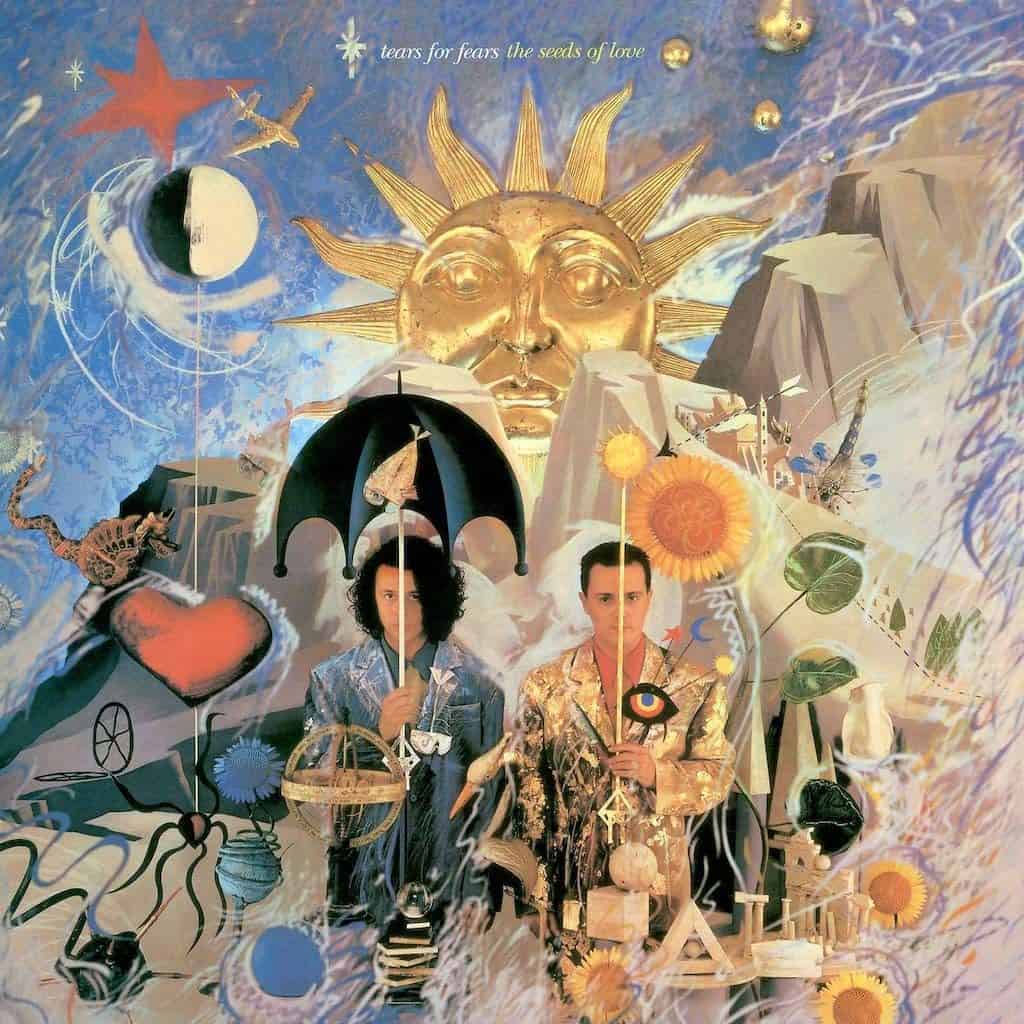
The Seeds Of Love was Tears For Fears’ third album. At the time, it sounded kind of retro and nostalgic and unlike the synth-laced pop that they’d released previously.
I was editing NZ pop magazine RTR Countdown at the time. We thrashed the album on the office stereo system but I never counted myself as a huge fan. I probably would have asked someone else to do the interview under normal circumstances, but so often back then we’d get a call from a publicist saying that there was a wonderful opportunity to interview an act, but that it had to happen later that same day or first thing the next, which meant little time to prepare. I would much rather have talked to the songwriter of the duo, Roland Orzabel.
Would you like to support our mission to bring intelligence, insight and great writing to entertainment journalism? Help to pay for the coffee that keeps our brains working and fingers typing just for you. Witchdoctor, entertainment for grownups. Your one-off (or monthly) $5 or $10 donation will support Witchdoctor.co.nz. and help us keep producing quality content. It’s really easy to donate, just click the ‘Become a supporter’ button below.
The first two Tears For Fears albums, The Hurting and Songs From The Big Chair, got the lavish reissue treatment some years ago. The nicest version of the reissue is the 4CD/1 Blu-ray disc box set featuring the remixed album, a disc of b-sides remixes and edits, and two further discs of unreleased material. It’s interesting that Curt says in the interview that there wasn’t a lot of wastage. A bit odd given what the compilers have come up with. The Blu-ray, naturally, consists of a Steven Wilson 5.1 mix of the album. Wilson says that it’s one of the best-sounding albums he’s ever heard. It comes with a 36-page booklet.
There are multiple extra versions including a single CD, a double CD and of course, vinyl. But without further ado, here’s the interview:
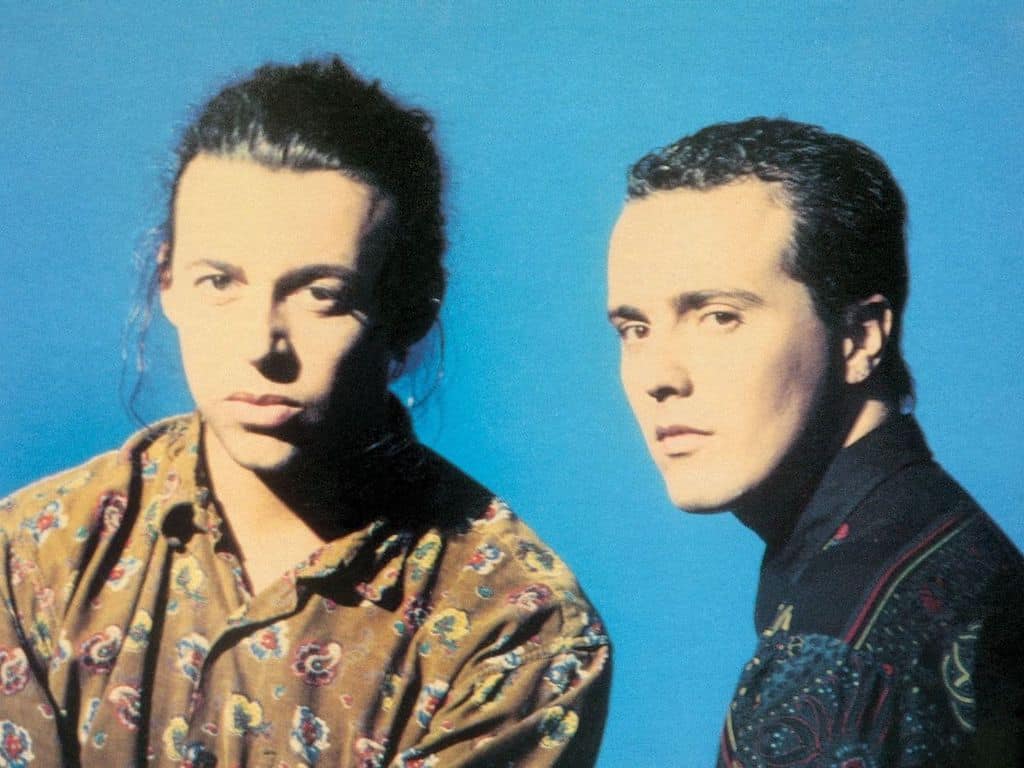
Gary Steel – How are you?
Curt Smith – Tired. I’d forgotten what getting up at 7.30 meant. Normally we start in the studio about 10 or 11 in the morning. More civilised hours.
Gary – What is it like starting to come back into the public eye after all this time?
Curt – I don’t know what it’s like yet, because the album’s not out yet. In the last four years we’ve achieved a great anonymity and people never recognise us or anything like that. I suppose it’ll all start happening in a few weeks.
Gary – Do you like not being recognised?
Curt – Yeah! You have a private life again. We didn’t have a private life with the last record because it became so big we were going around the world and everything. You didn’t have time to sit back from it and go ‘was that good, or was that not good?’ This time… either people recognise you or don’t recognise you, and if they do they don’t give a damn anyway. It’s nice to sit back from it all.
Gary – Does that madness affect you a lot? Did it have repercussions on your life and on the new material?
Curt – Well… the repercussions were mainly the fact that we worked so hard on the last one and did this big world tour and were being recognised everywhere. And what we wanted to do was take some time off… well, what it MADE us do, because it was such a busy time, it made us take time off just to sit back and reflect on what we’ve done and what we want to di in the future. We needed some time off for quite a while because we were so tired and that did allow us to be reflective about what we’d done before. We had to improve what we were doing, had to start something fresh and new. I guess it gave us that sort of time and luxury to do it.
Gary – It was a heck of a big break.
Curt – Yeah it was. But we had two-and-a-half years between the first and second album, which was a long break after a first album. This time it’s been four years. We just get worse! (laughs)
Gary – What causes it? Are you slow workers?
Curt – We’re not the quickest workers. We’re quite perfectionist about what we do. This time round we did a year of touring. Then a year doing nothing because we wanted to get away from it all and become normal again. Then we did nine or 10 months with a producer that never worked, so we scrapped that. And we’ve been doing the album for about a year-and-a-half. So it mounts up. We had to learn by the mistakes we’ve made in the past and learnt this time. It’s all natural progress. We always felt the goal at the end of the day was to make a great album.

Gary – With the first producer, was that before you got into the idea of recording it organically?
Curt – We were working in the old mode. It sounded a lot like the last album but not quite as good. At the end of that period myself and Roland, we sat down and… I said to Roland ‘I’m really not inspired by this, are you?’ And he said ‘no, not at all’. So we knew something was wrong when we weren’t the least bit inspired by what we were doing. And so we thought it’s time to do something different. And it wasn’t completely a wasted 10 months, because had we not done it we wouldn’t have ended up with this album. We learnt a lot doing it.
Gary – Is the material from that 10 months?
Curt – We’ve had these songs for about three years now. These are the same songs we went into the studio to do with the producer but they just didn’t sound right. They weren’t expressive enough.
Gary – Have you got a surplus of material?
Curt – To start with we had a few more than the eight songs that are on the album, but you soon realise what works and what doesn’t work. The other three or four songs, after a month working you soon realised that they weren’t the stuff you wanted to do. So after a month we got it down to the songs that are on the album, which is the same thing we did last time… We don’t want to work on material that’s not going to go on a record, because you spend so much time and effort doing it, you don’t want to do it for material that isn’t going to appear anywhere. So the first thing we always do is get it all down to the tracks that will be on the album.
Gary – The soul-type feel… are you still interested in tech?
Curt – We’re still interested in the technological side of all this. I mean we still use technology. But we wanted to get away from machinery being the base of what we do. We wanted to start by a point where the music was very expressive, because you can’t make a machine be good. All a machine does is run out what you put into it. We wanted it to be far more expressive. But we did use machinery on parts of the album. We wanted it to be more soulful and when we said ‘soulful’ it’s not as if we wanted it to be soul music. Soulful for us, all it means is it’s from the heart. Let’s be honest here and do something real. It’s not a million miles away from what we’ve done. It’s just a natural progression for us to do something like that. We were just bored with being restricted by using technology.
Gary – Did you get the basic tracks down and then fiddle around with it?
Curt – The beauty of being just two people is you’re not restricted as to who you use. Last time we were more restricted than we are now because we had a set keyboard player and a set drummer that we used. This time we just thought, ‘this is great, we’re going to produce our first album as producers, and let’s just look at each track, think of who we want to do these things, and just try and get them.’ So we were able to pick and choose which was great. What we did is just let them go through the track about 15 or 20 times, and kept all of them on tape and then made this kind of musical collage out of everything. We edited it all together. We didn’t want to hold these people back because we wanted them to play. And there were obviously bits of each take that you loved and bits that you didn’t like. We just used two digital machines, bounced it across and made one complete backing track out of it.
Gary – Nicky Holland gets a lot of credit for composition, etc.
Curt – She was our keyboard player on the last tour, and after we came off tour Roland went and did some writing with her, and they did some really great songs. Nicky’s not been in the studio, except when we get her in to do some keyboards. Really it was just a songwriting role, and when we required some piano playing or something we got her in.
Gary – In real terms you’re involved in the sound AND composition?
Curt – Well… I don’t know if it’s an involvement in the composition. Roland gets these songs, calls me up and I come up and say what I think, and we go through all the stuff and decide what’s good and what’s bad, what we wanna use and what we don’t wanna use, and then we rearrange stuff together and then we go into the studio and produce a record.
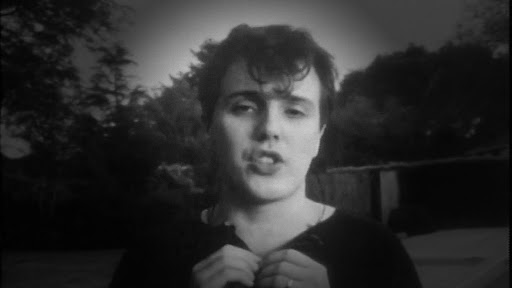
Gary – There’s obviously quite a creative process in doing all that.
Curt – Yeah! (Curtly)
Gary – You’re a very British-sounding band.
Curt – Before the last album you could definitely say we were English. Obviously we still are. Going on tour for a whole year really does broaden your horizons coz you listen to such a diversity of music as you go around the world that our influences are more diverse. More worldly wise we are these days!
Gary – Do you still feel good about the first two albums?
Curt – Well, I don’t feel bad about them. The thing is I thought they were good for their time. It’s hard for an artist to look back and really love the work that he’s done. Because if you felt that you’d probably do the same thing again. I do think they were incredibly good albums for their time, but the standpoint I took was how do we improve, so in a way you have to look down on those records purely because you’re looking at them in the light of there’s things wrong with them, so to go on and create something new and different you really have to say to yourself… all you think about were the things that were wrong with those records, because you don’t think about the plus side particularly because we want to do something different.
Gary – Will radio accept the long songs?
Curt – No. When we go to make our record… at the end of the day the only goal we can achieve as musicians and producers, whatever, is to make a record that we think is really good. And try not to think about those kinds of things. There are some radio stations that obviously are formatted, but I think the majority are only formatted because that’s what people give them. People give them three-and-a-half minute singles, and stuff like that. I’m only judging by the reaction here, where DJs listen to stuff. They’ll play all six-and-a-half minutes of the single coz it’s good. Otherwise you get a cheapened version, which really isn’t as good.
Gary – But radio is getting increasingly fascist towards anything different.
Curt – It does in a sense but the record co’s and bands and musicians and producers, they add to it because they think, ‘Oh God, we have to do a three-and-a-half minute type of single that’s like Stock Aitken and Waterman and this kind of stuff. They do it to themselves. I don’t think radio stations are as close-minded as that.
Gary – It worries me that material that is different quite often just gets lost. The last Talk Talk album.
Curt – Things do tend to get trivialised these days, but there’s no point in following. You have to try and break the mould, and that’s what we try to do.
Gary – Why the Beatles references in ‘Seeds Of Love’?
Curt – The song was written with ‘60s sentiment, which is obvious in the lyrics. We decided when we recorded it, what do we do, try and hide that? Make it modern? And we decided the honest way, and most effective way, because we were echoing the ethics of the ‘60s, we might as well echo the music of the ‘60s as well.
Gary – Is it economic?
Curt – Not particularly. But I don’t care about the economics of it. If you go on tour, which isn’t an easy thing for that length of time, you just want good fun.
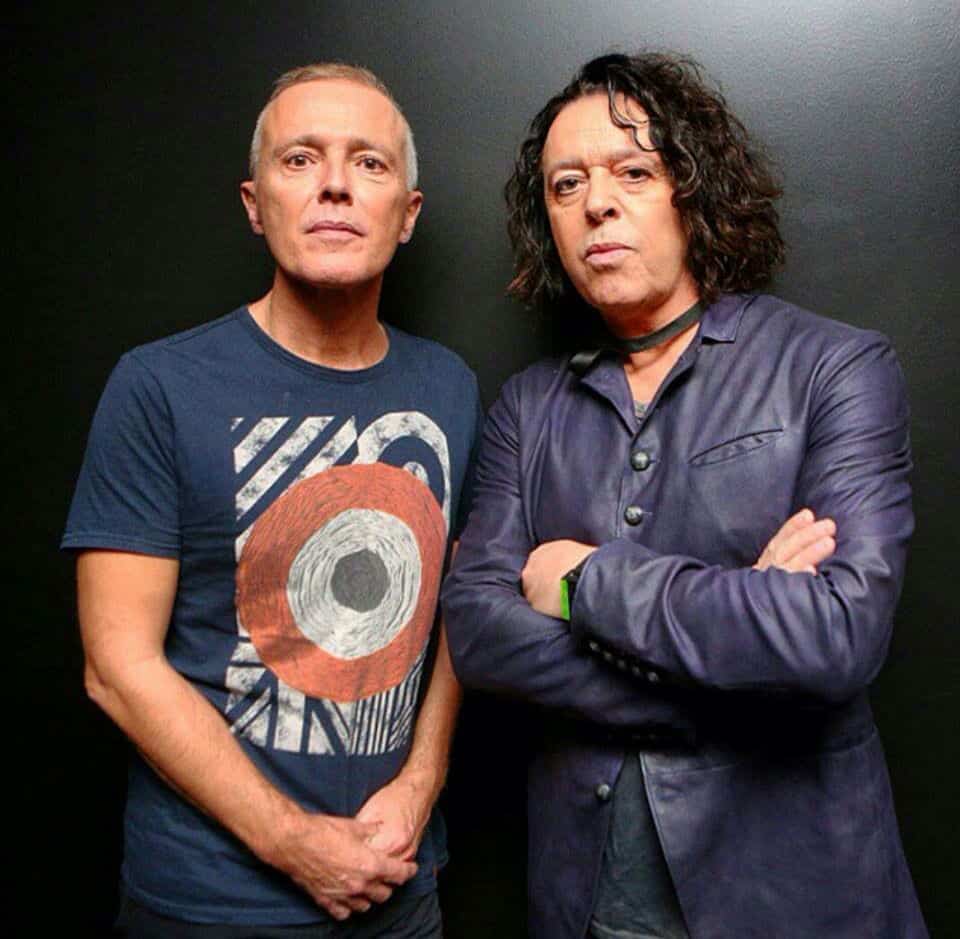
Gary – Your lyrics, unlike U2, aren’t all bravado.
Curt – That kind of music’s quite emotive, but it’s … I’m not knocking it. I like all that kind of music, but it sometimes tends to be one-dimensional. It expresses one emotion competently throughout every song. What we’ve tried to do is be as diverse as we possibly can.
Gary – Does Roland specifically think of things that might be good subjects to write about?
Curt – The thing is that you write about the stuff you feel strongly about. If as people you’re not one-dimensional then your songs are bound to be about different subjects, different mood swings that you might go through.
Gary – What sort of music are Tears For Fears into listening to?
Curt – We don’t. No, that’s not quite true. Um. Like I said when we were on tour we listened to a lot of different stuff. We started listening to old r’n’b stuff, Little Feat and Steely Dan and all these people we’d never listened to before.
Gary – So you ignore the pop stuff…
Curt – Purely through necessity. It does your head in listening to so much music. You have to concentrate on making your own record, and I really don’t feel like listening to other music when I’m doing it.
Gary – You’re not into classical?
Curt – Yeah, but when the time is right.
Gary – Will you continue to work with Oleta?
Curt – After this record? Well, if the songs suit her maybe but… We saw Oleta and liked her. We were inspired by her and then we used her because we needed two songs that were duets. And we thought Oleta was the obvious choice. She’s definitely coming on tour.
Gary – When are you going on tour?
Curt – The beginning of November. We’ll be there (NZ) in February.
Gary – I’d better let you get on with it.
Curt – I’ll have my sixth cup of coffee for the morning.
- For those who want to read more about the new releases, there’s a very nice, thorough description at www.superdeluxeedition.com

